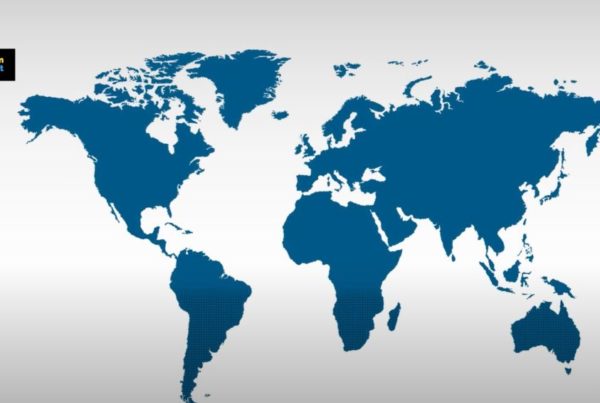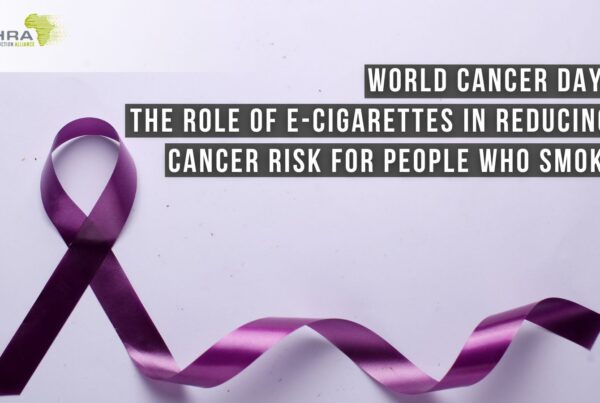Nelson Mandela International Day is celebrated each year on 18 July, in recognition of the contributions of a man who changed the 20th century and helped shape the 21st. It is a moment for all to renew the values that inspired Madiba; commitment to freedom, human rights, and justice.
Mandela was an exemplary citizen with a steadfast belief in human rights. As one of the most recognizable human rights symbols, he is a man whose dedication to the liberties of his people inspires human rights activists across the globe. What can we learn from Nelson Mandela on human rights for people who use drugs?
Human rights were established to safeguard fundamental values such as the ability to live and be free from cruel treatment. The human right to health is recognized in ICESCR article 12, and it applies to everyone. People who smoke cigarettes or use drugs do not forfeit their human rights, including the right to the highest attainable standards of health.
The concept of harm reduction sits at the intersection between public health and human rights. The defining features are the focus on preventing harm, rather than preventing drug use, with a focus on people who continue to use drugs. This approach recognizes that people unable or unwilling to abstain from drug use can still make positive choices to protect their health. Harm reduction provides an enabling environment for people who use drugs to protect their health and other human rights by providing them with evidence-based information, services, and resources.
The current approach to drug control in Africa fuels widespread human rights violations against people who use drugs. In many sub-Saharan countries, people who use drugs are subjected to torture and ill-treatment by police, extrajudicial killings, arbitrary detention, coercive and abusive drug treatment, and denial of essential medicines and basic health services. These abuses are often committed in the name of “medicine, public health or public order.” Yet repressive drug laws and policies have not reduced drug use in Africa, nor have they prevented health-related risks and harms.
Countries in Africa need to review their legislation in order to secure harm reduction interventions under law, both for people who smoke cigarettes or use drugs. It’s important to move the discourse on drug use in sub-Saharan Africa from a domain tightly controlled by the punitive language and narrow mind frames of the US-driven war on drugs towards a more research-based, nuanced, balanced and informed perspective.
The harm reduction approach that takes drug use as a fact of modern life, but addresses its problems with regulative intervention provides a policy orientation that is more promising.
“Thus shall we live, because we will have created a society which recognizes that all people are born equal, with each entitled in equal measure to life, liberty, prosperity, human rights, and good governance.” Nelson Mandela.

THR Topics
Popular Posts
Quick Links
Women in THR
Related Posts
 Letter to the World Health Organization (WHO)
Letter to the World Health Organization (WHO)
Letter to the World Health Organization (WHO)
 Public Health implications of vaping in Germany
Public Health implications of vaping in Germany
Public Health implications of vaping in Germany
 Public Health implications of vaping in the United States of America
Public Health implications of vaping in the United States of America








